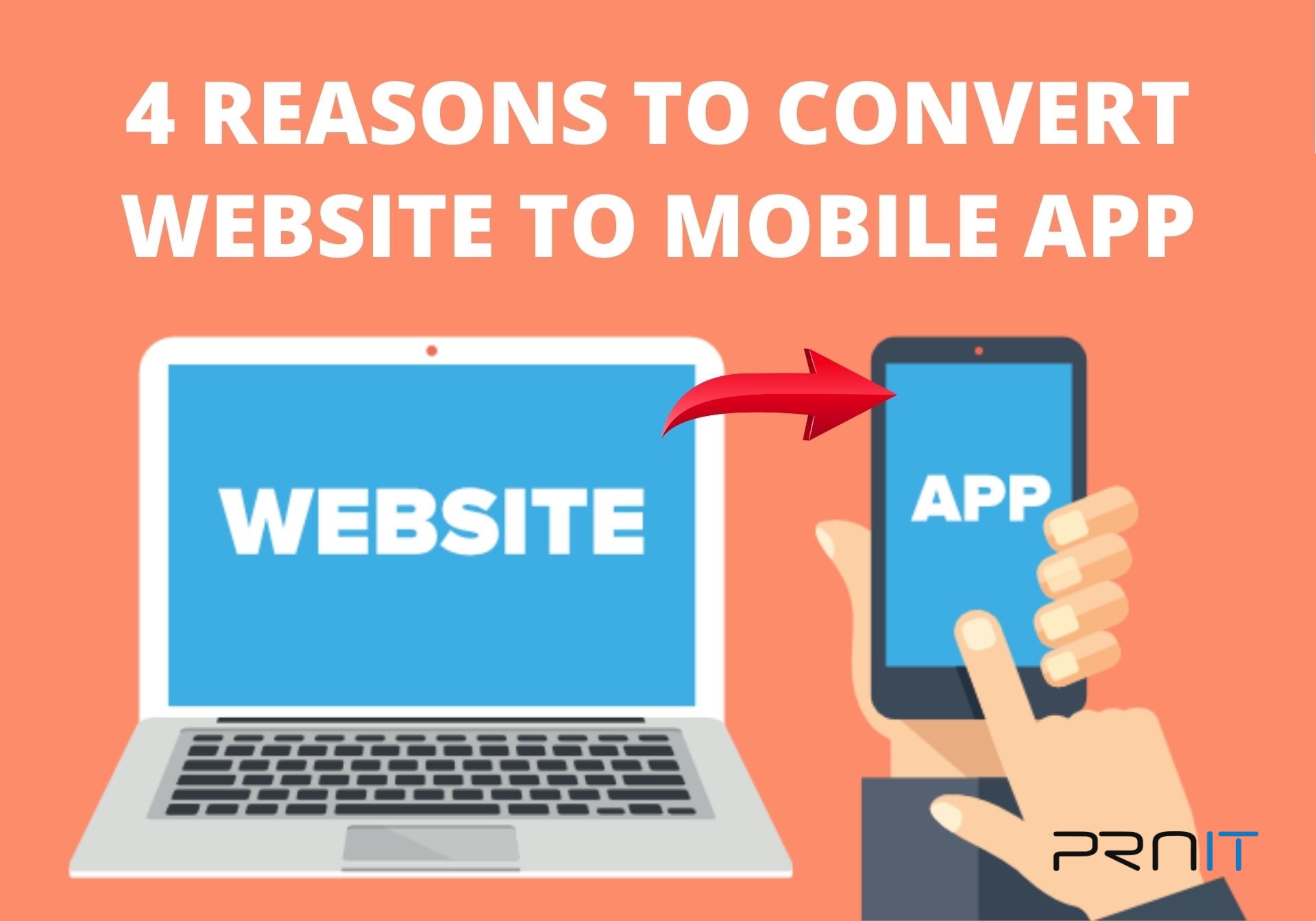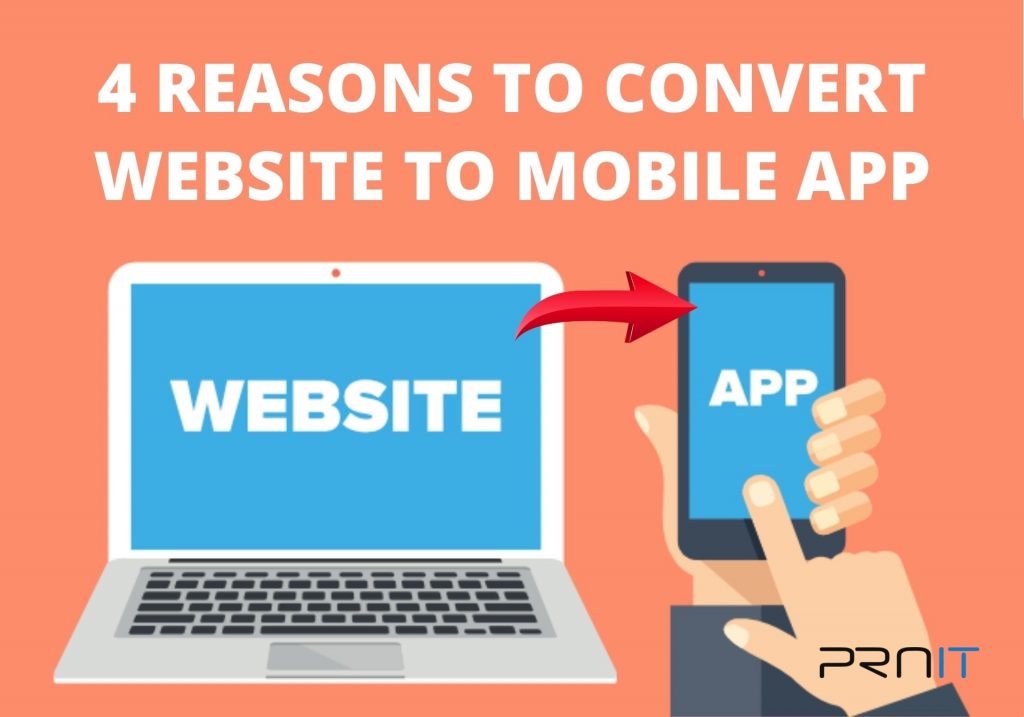

Websites are now the commonest thing for a business to have, for both businesses and other concerns. In 2020, the number of websites worldwide were near 1.74 billion. This statistic is alone sufficient for proving the utility of a responsive and functional website. With the development of newer platforms and the increase of reach over the geographical boundaries, the ways of being in contact with the population of the internet are experiencing new dimensions. For keeping contact and being in the attention sphere of the visitors of the cyber world, adapting to the most modern platform of mobile or smartphone has become a necessity.
What are mobile apps?
Digital applications or apps, which are designed to work on platforms based on mobile devices, like a tablet, smartphones, or smartwatch is the trending topic of today. The recent numbers of mobile phone users in the world near the value of 448.2 million. Ease of use, simple interfaces, and the benefit of the ability to access at any time has made these mobile apps a favorite of everyone.
The event is surmised perfectly by the words of Phil Nickinson, Editor of Android Central “Your mobile device has quickly become the easiest portal into your digital self.” With the bushfire-like spread of this particular technology, it seems that the opinion of Matt Galligan, Co-founder of Circa, has a very good chance of becoming true “In my opinion, the future of mobile is the future of everything.”
The reasons for conversion
In light of the newest development, the business houses are inclining more towards the creation of mobile apps. According to the latest statistic, mobile apps are estimated to generate $189 billion in revenue by 2020. 90% of the average time spent on mobile phone accounts for the continued use of different apps. Mainly due to this extended reach to prospective customers, websites are gradually being replaced by multi-functional mobile apps. Let us discuss some of the other reasons for this development;
- Exposure to the future and current users
Mobile apps offer more visibility for the clients’ brand than a full-fledged website cannot. The benefit is increased two-fold, as the presence of an app in the market offers a quick expansion of the client base. Almost all apps of today are downloaded from either Google play store or the App store. Having your app in one of these two databases can give the client an unprecedented boost in prospective client gradients.
Secondly, the downloaded apps on someone’s mobile phone play a psychological effect as well. The brand of interest will always be on the menu screen. It may not be used every time, but with every swipe, the client will see its icon. This approach is not possible in websites and so the use of mobile apps is continuously increasing.
- Accessibility and sharing
The users of a website like the control to be simple and the functions to be at the fingertips. In mobile apps, just touching on the app icon opens all the features to the user; whereas for a website, you will need to open a browser window, remember and type in the address, and complete other tasks. This effort and time-consumption keep a lot of the users away. With an app, no such exertion is required; the content you would like to access is literally at your fingertips.
Moreover, skillfully designed apps will be programmed to share their content with popular social media outlets, like Facebook or Instagram. The users can share the clients’ content as they like; which can give rise to increased traffic to your digital platform. The contacts present in their social media can either become a future customer or can refer to another person, thereby cyclically increasing the prospective customers.
- Smartphones are the future of communication
An article has predicted that in 2020, the worldwide user number of smartphones will reach up to 6.1 billion. That is about 70% of the world’s population, and needless to say, they will be on constant exposure to the app-related content through their smartphones.
Incidentally, each app has particular use for the smartphone owners; which can be as varied as reading the news, ordering food, measuring fitness levels, to checking your status on Facebook. According to recent statistics, mobile users spend 86% of their time using one or another app. So, it is clear that soon, most of the world will start using mobile-based apps. Also, the users of tablets will fall in this category. Therefore, developing an app for the mobile platform will be a worthwhile step for any company.
- Increase in audience retention and engagement
Any business thrives on the connection between the company and its client. The company needs to constantly update their customers about any new development in their products or services. In the smartphone-age, this can be easily done by push notifications. Contrary to the website reminders, smartphone push notifications have an access rate of 90%, the highest among the available communication methods. These messages help to keep the brand fresh on the clients’ mind, which results in repeated visits and engagements.
An app has a personalized user experience. A website is more global, but an app acts as a local communication program. All the required access info, like the login information, settings, and corresponding data are stored on the smartphone itself. Most of the apps can track and remember the preferences of a user, which helps in maximizing the experience and subsequent personal satisfaction. The user, in turn, will be dedicated to the brand, and refer and share their website content. These features are not available on websites.
Choosing the best resource The mobile apps are here to stay for a long time because of the aforementioned qualities. The concept is perfectly surmised by Matt Haig, author of Mobile Marketing – “The Message Revolution”. According to him, mobile has not only come up as the new digital revolution, but also an effective medium to bridge gaps with the physical world. That’s the reason, it has the power to transform your brand goals as well as business. So, if you are thinking of going the mobile app route, you should perform thorough market research before choosing any concern for designing your app.
